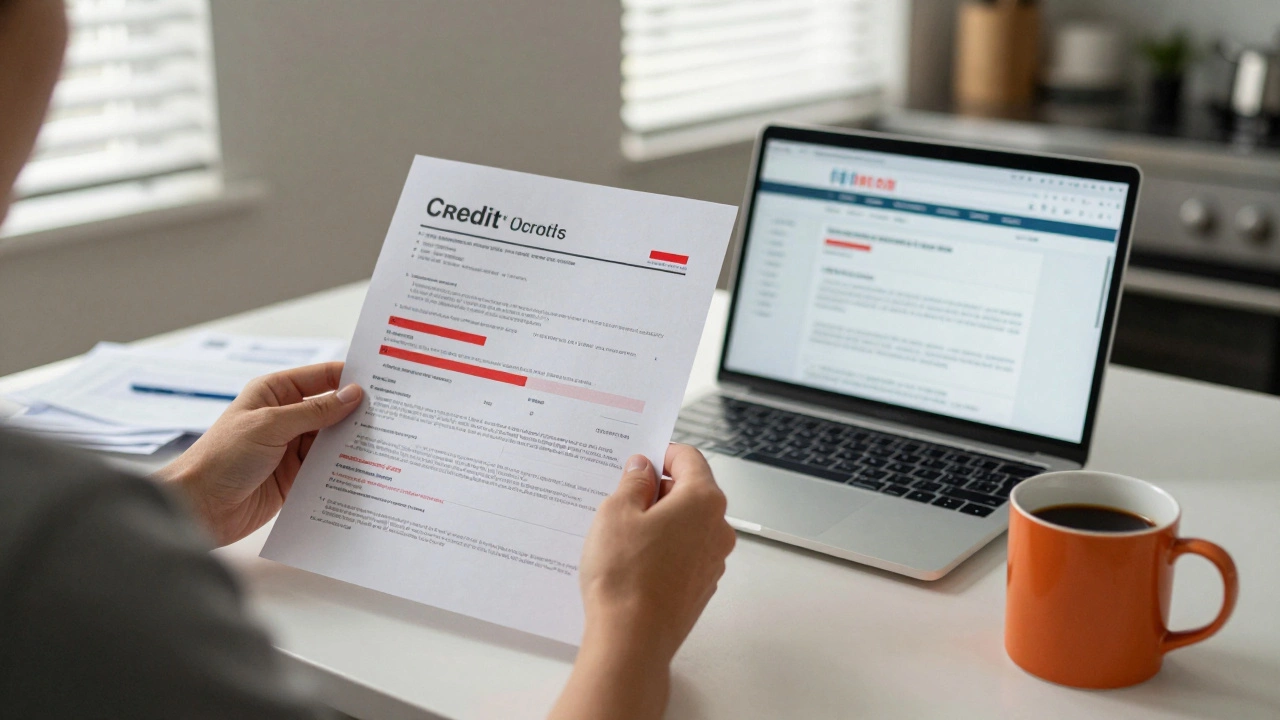Debt Management: Your First Step Toward Financial Freedom
Too many people feel stuck under a mountain of bills, credit‑card balances, or a loan that never seems to shrink. The good news? Debt doesn’t have to be permanent. With a clear plan and a few everyday habits, you can start lowering what you owe and free up cash for the things that matter.
Why Debt Management Matters
Carrying high‑interest debt hurts more than just your wallet. It drags down your credit score, makes it harder to qualify for a mortgage, and adds stress that spills into other parts of life. When you tackle debt head‑on, you improve your credit rating, reduce the amount you pay in interest, and open doors to better loan rates and savings options. In short, good debt management is a shortcut to financial peace.
Practical Strategies You Can Use Today
1. List every debt. Write down each balance, interest rate, and minimum payment. Seeing the whole picture helps you decide where to attack first.
2. Choose a repayment method. The two most popular are the debt snowball (pay the smallest balance first) and the debt avalanche (pay the highest‑interest balance first). Snowball gives quick wins; avalanche saves the most money. Pick the one that keeps you motivated.
3. Cut unnecessary expenses. Look at your recent spending – that subscription you barely use or the daily coffee run. Redirect that cash to your debt payments. Even a few pounds a week add up fast.
4. Automate payments. Set up automatic transfers for at least the minimum payment on each debt. Then manually add extra money to the debt you’re focusing on. Automation removes the chance of missed payments and protects your credit score.
5. Negotiate lower rates. Call your credit‑card providers and ask for a reduced interest rate. If you’ve been a good customer, they often agree, especially if you mention a competitor’s offer.
6. Use a balance‑transfer card wisely. If you qualify for a 0% introductory rate, move high‑interest balances there and pay them off before the rate expires. Just watch for transfer fees and make sure you can clear the balance in time.
7. Boost your income. A part‑time gig, freelance work, or selling unused items can provide extra cash. Put every extra pound straight toward debt – this speeds up the process without cutting your essential living costs.
8. Build a tiny emergency fund. Having £500‑£1,000 saved prevents you from adding new debt when an unexpected expense pops up. Keep it separate from your debt‑paying account.
9. Track progress. Update your debt list each month. Watching the numbers shrink fuels motivation and helps you stay on track.
These steps don’t require a finance degree – just a willingness to act. Start with the easiest change, like automating the minimum payments, and add another habit each week. Before you know it, the total amount you owe will be noticeably lower.
At Harmony Financial Services, we’ve helped countless clients get a grip on their debt. If you need a personalized plan, a quick budget check, or advice on which repayment method fits your situation, our team is ready to help. Debt management isn’t a one‑size‑fits‑all solution, but with the right tools and a little discipline, you can rewrite your financial story.
Remember, the journey starts with one small step. Pick one of the tips above, put it into action today, and watch your debt start to shrink. Your future self will thank you.
Does Your Credit Score Go Up When You Consolidate Debt?

Debt consolidation can improve your credit score by lowering credit utilization and simplifying payments-but only if you avoid new debt and keep old accounts open. Learn how it works, when it helps, and when it hurts.
Read More >>What to Do When No One Will Give You a Loan: Real Steps for Debt Relief in Australia

If you've been denied a loan in Australia, you're not out of options. Learn how to fix your credit, use free debt counselling, and avoid dangerous alternatives like payday lenders. Real steps for recovery without borrowing more.
Read More >>Debt Consolidation Loans From UK Banks: Options & What To Expect

Banks in the UK do offer debt consolidation loans, but approval and terms can vary widely. Find out who qualifies, how these loans work, and tips for getting the best deal.
Read More >>Debt Consolidation: Uncovering the Downsides

Debt consolidation might seem like an easy fix, but it's essential to understand its pitfalls. While it can simplify payments, it doesn't reduce the overall debt and could extend it. Hidden fees and potential impacts on credit scores are real concerns. Not all plans truly cater to individual needs, and there is a risk of falling back into debt if spending habits aren't addressed.
Read More >>How Much Is $60,000 in Student Loans Monthly Payment?

So you’ve landed in the world of student loans with a $60,000 debt tag, huh? Monthly payments can feel overwhelming, but breaking it down makes it manageable. We'll dissect how interest rates, repayment terms, and loan types affect your payments. From managing your finances to understanding the different repayment options, this piece aims to guide you through minimizing stress and maximizing efficiency in tackling student debt.
Read More >>Navigating the Credit Card Trap: Steer Your Finances Clear

A credit trap can often ensnare individuals, turning what seems like a tool for financial freedom into a cycle of mounting debt. Understanding the signs of a credit trap and how to avoid it is crucial. This article explores the intricacies of credit traps, offers insights into realistic budget management, and suggests practical tactics to steer clear of common financial pitfalls associated with credit cards.
Read More >>How Much of Your Income Should Be Allocated to Student Loans?

Managing student loans can be challenging, and it's important to know how much of your income should be dedicated to them. This article explores various strategies for allocating income toward student loan payments, helping you balance debt repayment with other financial goals. We'll discuss different repayment plans, budgeting tips, and the psychological aspects of debt management. By understanding these elements, you'll be better equipped to make informed financial decisions. Our goal is to empower you to handle student loans with confidence.
Read More >>